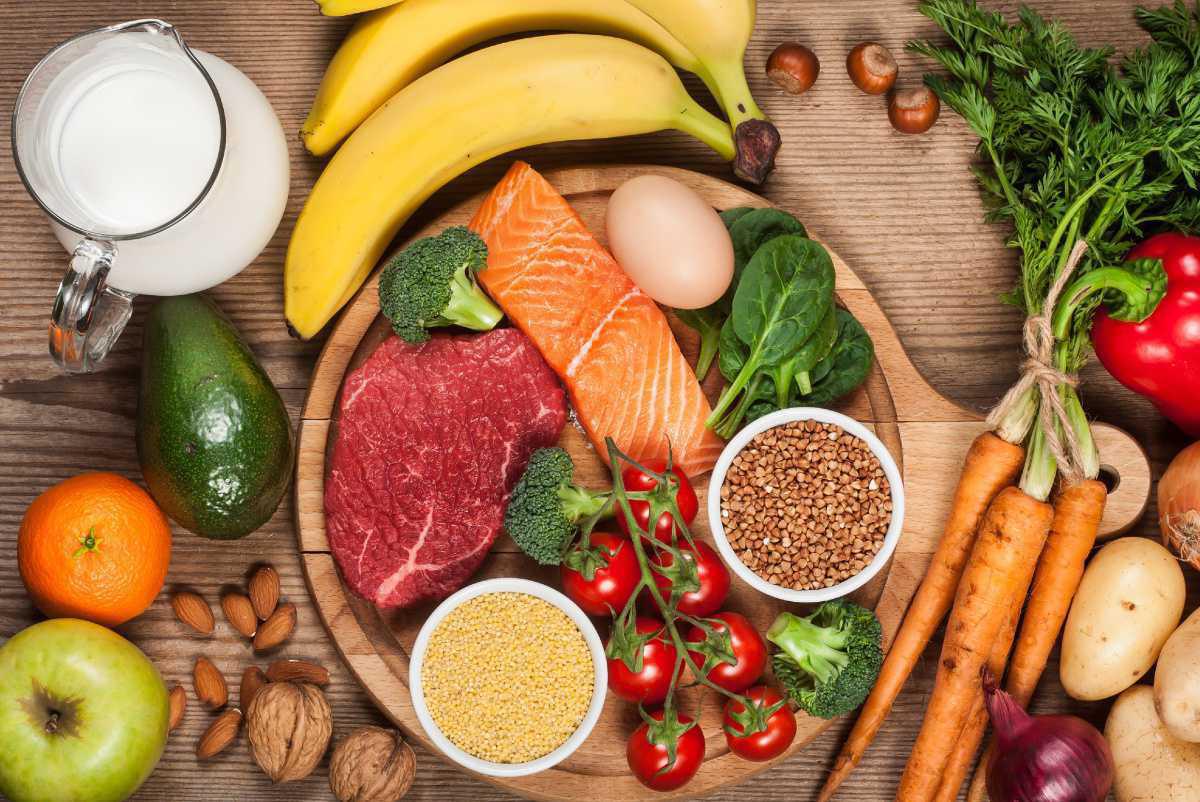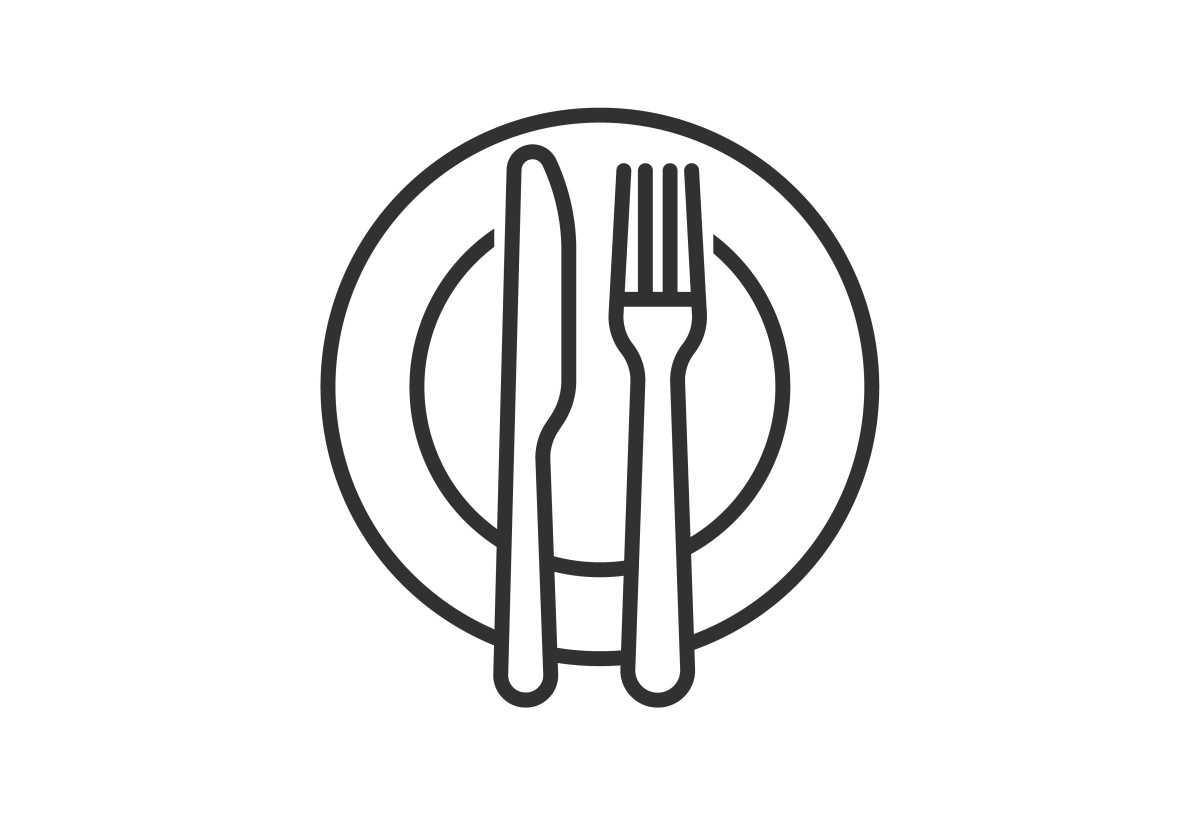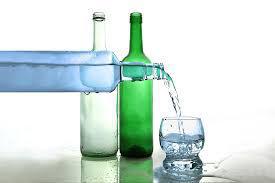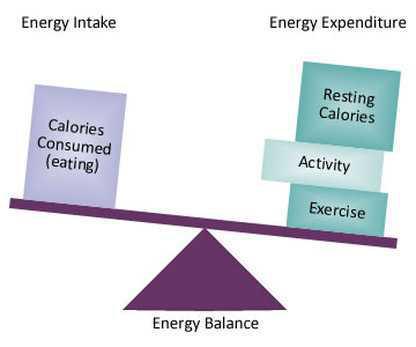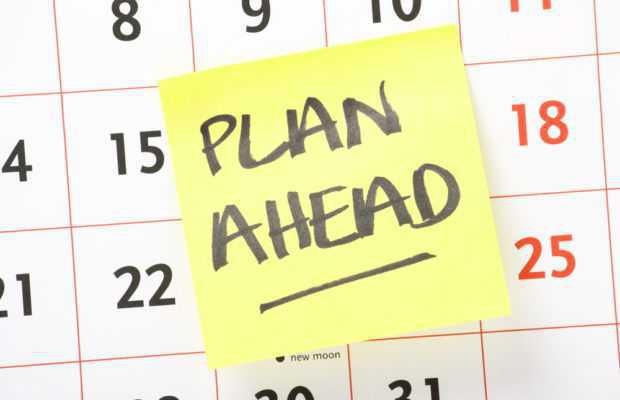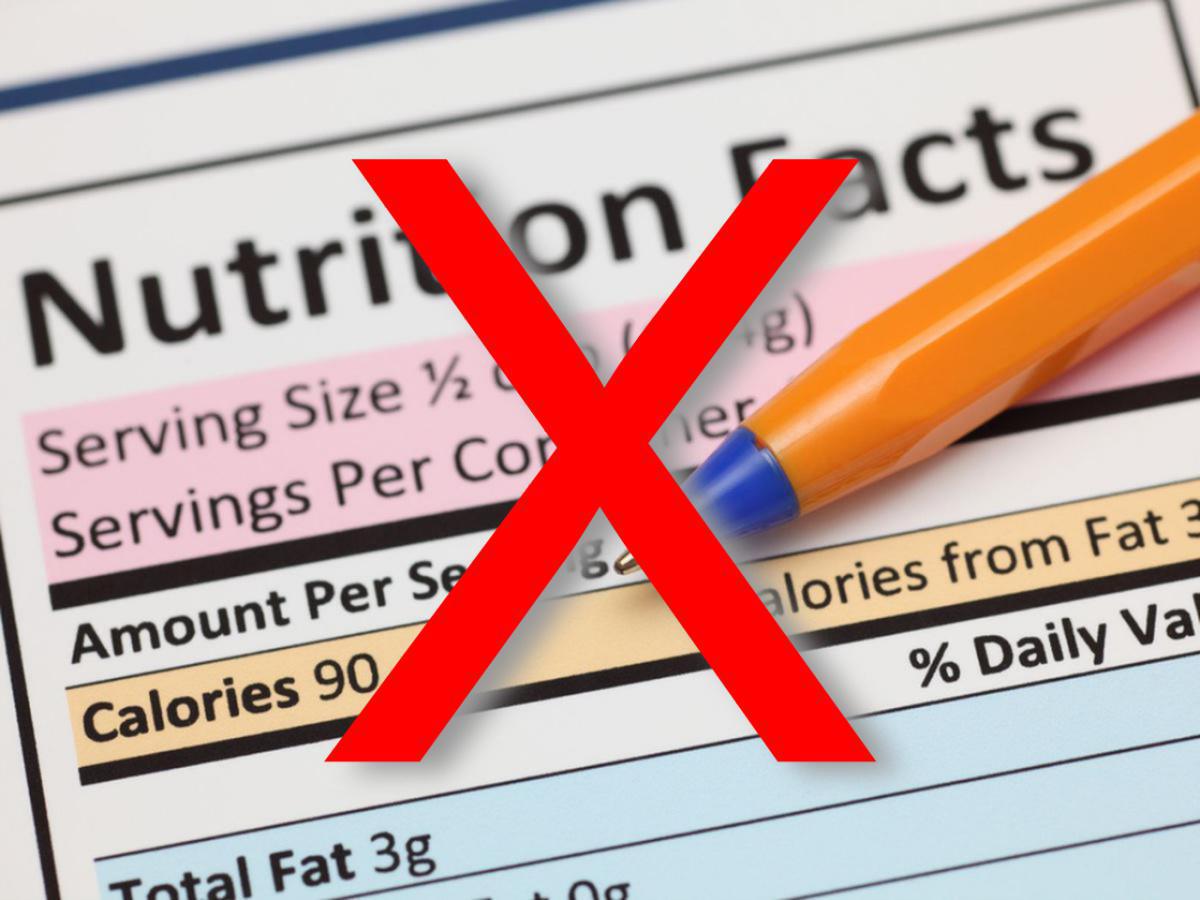Whether you are waiting for an assessment, in treatment, recovering, or dealing with a relapse, one of the most important truths about managing eating difficulties or an eating disorder is that ‘food is medicine’.
Healthy eating means regular eating with enough nourishment and hydration to help the body and brain get back on track – to help you manage emotions, think clearly and feel physically well.
The following suggestions are for restoring healthy eating when you are worried about your eating behaviour. They are for you to think about, try out. If you have more concerns about your eating or nutrition, we recommend you discuss them with your GP.
1. It is often good to focus on having regular meals to start with rather than type of food. If you are underweight, we suggest that you aim for 3 meals and 2 snacks each day.
2. Ensure you get enough fluids, but don’t overload on them- 2 litres per day is generally recommended.
3. Keep an eye on your energy balance. Exercise and activity may need to reduce in order to restore an underweight person to a healthy range.
4. Plan ahead for outings/ events so you keep to the regular eating pattern that you had planned and feel less worried about eating out with others.
5. Talk to your GP about a multivitamin/ mineral. Many people who have disordered eating may also have nutritional deficiencies.
6. It's best to avoid reading food labels if you are worried about disordered eating or have an eating disorder. They can make you feel worse and make the eating difficulty harder to manage.


